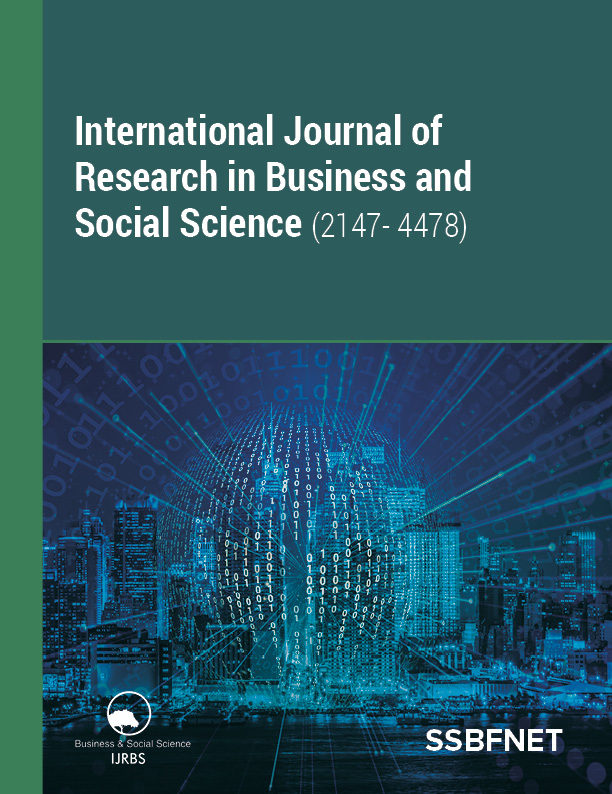
International Journal of Research in Business and Social Science
Yazarlar: Umar Abbas Ibrahim, Ifeyinwa Mildred Ndidi
Konular:-
Anahtar Kelimeler:Bank,Lending,Economic growth,SMEs,Nigeria.
Özet: The objective of this study is to examine the effect of bank lending on the growth of selected small and medium scale businesses in Nigeria. There are two basic research designs in social sciences, qualitative and quantitative orientation. However, the literature suggests a growing interest in a mixed approach (triangulation) following on from the argument that one is used to strengthen the other. Often, combining qualitative and quantitative methods, also known as the triangulation of methods, can capture a more holistic, complete, and contextual view of a phenomenon. The research is based on both qualitative and quantitative research designs. Three research questions were addressed. Data were collected from a purposive sample of 200 respondents drawn from a population of 400 respondents. A research developed questionnaire was used for the data collection. Data were analyzed using simple percentages and tables. The result of the study revealed that Lending to SMEs encourages self-employment thereby reducing the rate of unemployment and crime in Nigeria. It also boosts industrialization as well as improving the economic situation in the Country. In conclusion, bank lending influence positively the level of economic activities and the growth of SMEs in the country. A number of recommendations were made based on the findings prominent among them is the need for Government, Commercial bank, and Central bank of Nigeria to increase lending to small and medium scale business with a view to create more jobs, reduce crime and unemployment as well as boost industrialization in Nigeria.